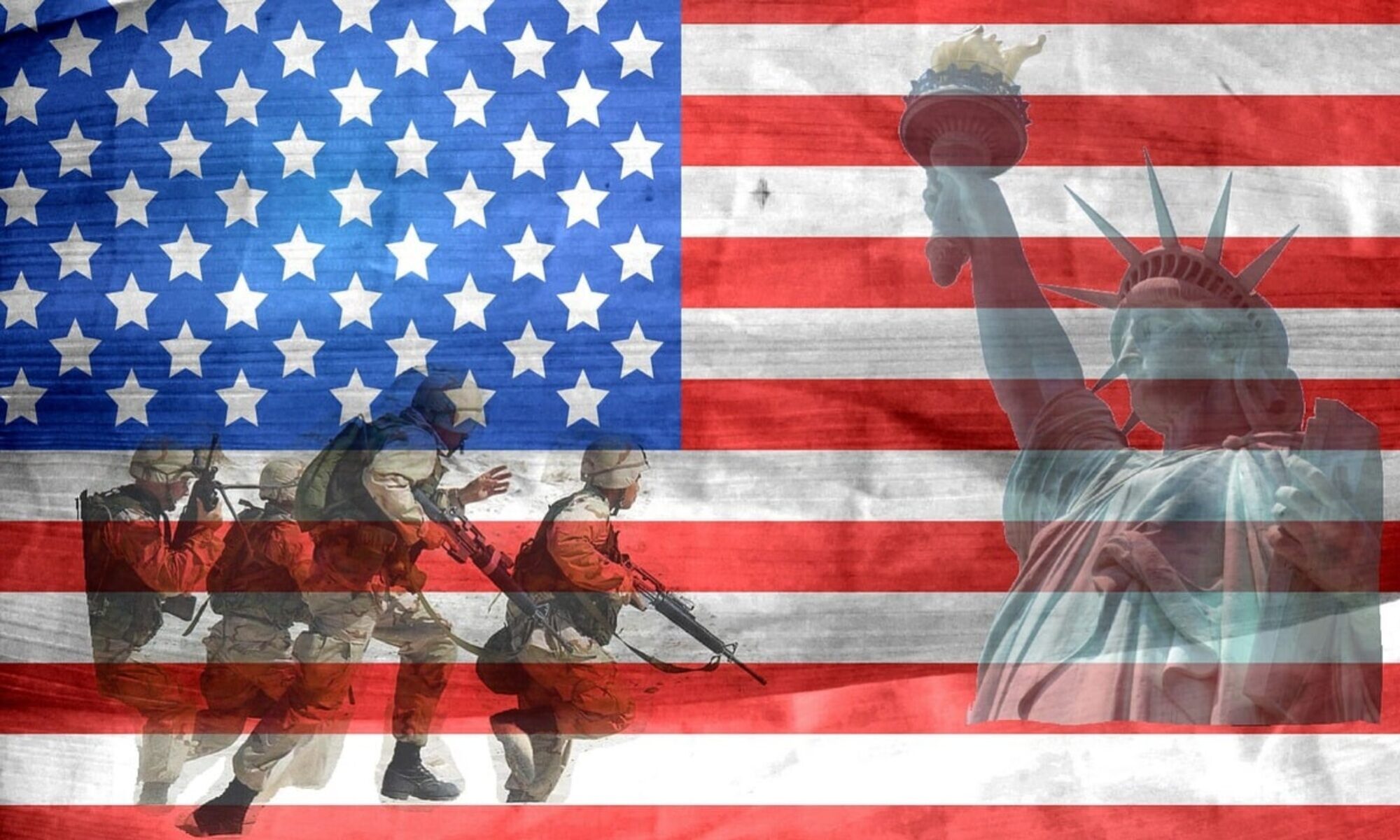The Power of Community Partnerships: How Collaborations Enhance DAV’s Impact
The Disabled American Veterans (DAV) organization has long been dedicated to supporting veterans and their families. A key factor in the success of DAV’s mission is its strong community partnerships. By collaborating with other organizations, businesses, and community groups, the DAV can extend its reach and amplify its impact. In this article, we explore the power of community partnerships and how these collaborations enhance the DAV’s ability to serve veterans.
The Importance of Community Partnerships
1. Expanding Resources and Services Community partnerships allow the DAV to leverage additional resources and services that may not be available within the organization alone. Collaborations with healthcare providers, educational institutions, and other nonprofits enable the DAV to offer a more comprehensive range of support to veterans.
2. Increasing Outreach and Awareness Partnering with local businesses and community groups helps the DAV increase outreach and awareness about the challenges veterans face and the support available. These partnerships facilitate broader community engagement and enhance public understanding of veteran issues.
3. Enhancing Program Effectiveness Collaborations with specialized organizations can enhance the effectiveness of DAV programs. For example, partnering with mental health organizations allows the DAV to provide veterans with access to expert counseling and support services, improving overall program outcomes.
4. Building Stronger Communities Community partnerships foster a sense of solidarity and collective responsibility. By working together, the DAV and its partners can address complex challenges more effectively and build stronger, more resilient communities that support veterans and their families.
Examples of Successful Community Partnerships
1. Healthcare Collaborations The DAV partners with local healthcare providers to ensure veterans have access to essential medical and mental health services. These collaborations include providing transportation to medical appointments, coordinating care for chronic conditions, and offering specialized mental health support. By working together, the DAV and healthcare partners can address the unique health needs of veterans more comprehensively.
2. Educational Partnerships Educational institutions play a crucial role in supporting veterans’ transition to civilian life. The DAV collaborates with colleges and universities to provide educational scholarships, career counseling, and job placement services. These partnerships help veterans pursue higher education, gain new skills, and secure meaningful employment.
3. Corporate Partnerships Businesses and corporations are valuable partners in the DAV’s mission. Corporate partnerships can include sponsorship of DAV events, employee volunteer programs, and in-kind donations of goods and services. These collaborations provide critical financial support and resources, enabling the DAV to expand its programs and reach more veterans.
4. Nonprofit Collaborations The DAV works with other nonprofit organizations to address a wide range of veteran needs. For example, partnerships with housing organizations help veterans secure stable housing, while collaborations with food banks ensure that veterans and their families have access to nutritious food. These joint efforts create a more comprehensive support network for veterans.
How to Foster Community Partnerships
Step 1: Identify Potential Partners Identify organizations, businesses, and community groups that share a commitment to supporting veterans. Consider how their resources and expertise can complement the DAV’s mission and enhance program effectiveness.
Step 2: Build Relationships Reach out to potential partners to build relationships and explore opportunities for collaboration. Attend community events, networking functions, and meetings to connect with like-minded organizations and individuals.
Step 3: Develop Collaborative Initiatives Work with partners to develop collaborative initiatives that address specific veteran needs. Define clear goals, roles, and responsibilities for each partner, and establish a plan for how the collaboration will be implemented and evaluated.
Step 4: Communicate and Celebrate Successes Maintain open communication with partners throughout the collaboration. Share updates, successes, and challenges to ensure everyone is aligned and working towards common goals. Celebrate achievements and recognize the contributions of all partners to foster a sense of shared accomplishment.
How You Can Support Community Partnerships
For Businesses and Organizations If your business or organization is interested in partnering with the DAV, consider how your resources and expertise can support veteran programs. Reach out to the DAV to explore potential collaboration opportunities and discuss how you can contribute to their mission.
For Individuals Individuals can support community partnerships by advocating for collaboration and connecting the DAV with potential partners. If you know of organizations or businesses that might be interested in supporting veterans, introduce them to the DAV and encourage them to explore partnership opportunities.
Conclusion
Community partnerships are a powerful tool for enhancing the DAV’s impact and ensuring that veterans receive the comprehensive support they need. By collaborating with healthcare providers, educational institutions, businesses, and other nonprofits, the DAV can extend its reach, increase resources, and improve program effectiveness. Together, these partnerships build stronger, more resilient communities that honor and support those who have served our country. If you are interested in partnering with the DAV or supporting their mission, reach out today to explore how you can get involved.For more information on how to get involved, visit the DAV of Idaho’s contact page today.

